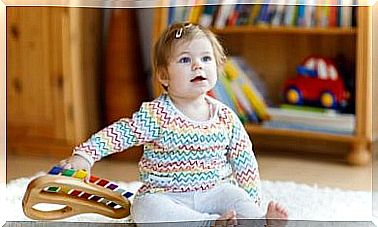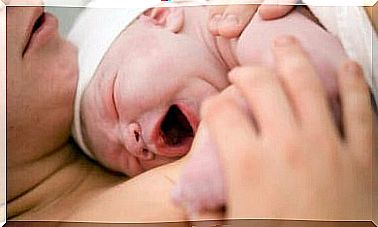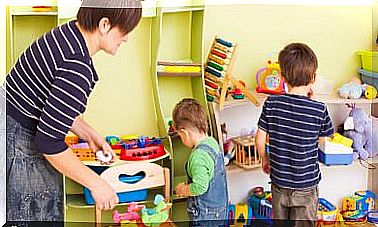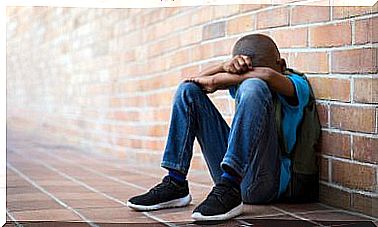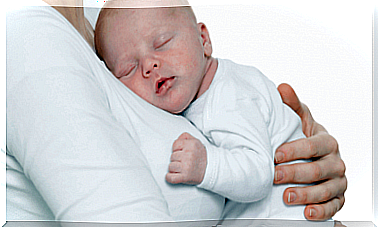Characteristics Of A School Bully
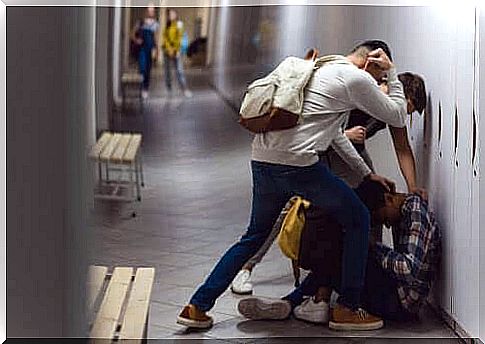
Pupils who show aggressive and violent behavior towards other pupils have a specific physical and psychological profile. Today we present the most common characteristics of a school bully, of which it is important for teachers in particular to be aware.
It is the responsibility of educators to identify potentially aggressive individuals by observing and recording student behavior. In this way, teachers can anticipate, prevent and reduce incidents of school bullying.
The most common characteristics of a school bully
What kind of students then do such aggressive acts? In general, school bullies have some common features:
- Are physically stronger than those bullied
- Are dominant and impulsive
- School bullies refuse to follow rules and codes of conduct
- Poorly tolerate frustration
- Challenging authorities
- They have a seemingly good self-esteem
- They have a positive attitude towards violence
- Do not experience empathy for the victim
- Do not feel guilt in the normal way
- They have problems in social relationships and family relationships
Different types of bullies
Although the above characteristics are the most common characteristics of school bullies, it should be borne in mind that there are many different types of school bullies. According to Alexander Schwarz, there are three types of school bullies:
- Aggressive. This is the most common type of school bully. An aggressive school bully wants to dominate and keep the victim in power. Such a school bully strengthens his own personality by bullying his classmate.
- Passive. A passive school bully is insecure about himself and is not very proactive in intimidation. Instead, the passive school bully waits until the situation becomes aggressive, at which point he or she actively participates in the bullying. A passive bully shows his loyalty to an aggressive bully.
- Victim of bullying. Such a bully has sometimes been bullied himself. Such a pupil is not very popular among other pupils, but intimidates the weaker. At the same time, however, the bully victim may be bullied by students who are stronger than him.

Consequences of school bullying for the bully
Taking on the role of bully has serious negative effects on the bully himself, and can be both short-term and long-term. As a result of violent behavior, a school bully may:
- Create toxic and negative social relationships.
- Succeed at school or drop out of school altogether.
- Shows cruelty and emotional instability.
- Uses aggression to resolve conflicts and problems.
- To be incapable of self-criticism.
- Appreciates aggressive behavior.
- Embrace criminal and antisocial behavior.
- Lack of sensitivity when another person has to suffer.
- Lack of empathy for other people.
When a school bully reaches adulthood, he or she exhibits poor social behavior. It may include vandalism, as well as alcohol or other substance abuse. It is very likely that the bully will treat other people – such as their partner and children – badly in the future or may become an aggressive criminal.
For this reason, it is very important to detect and prevent possible cases of bullying. To do so, schools must promote students ’empathy, sensitivity, and respect for diversity and other people’s needs, personalities, and interests.
The aim of encouraging these actions and traits is to make everyone aware of school bullying. Schools should therefore work to eradicate and condemn these aggressive acts and school bullying.
